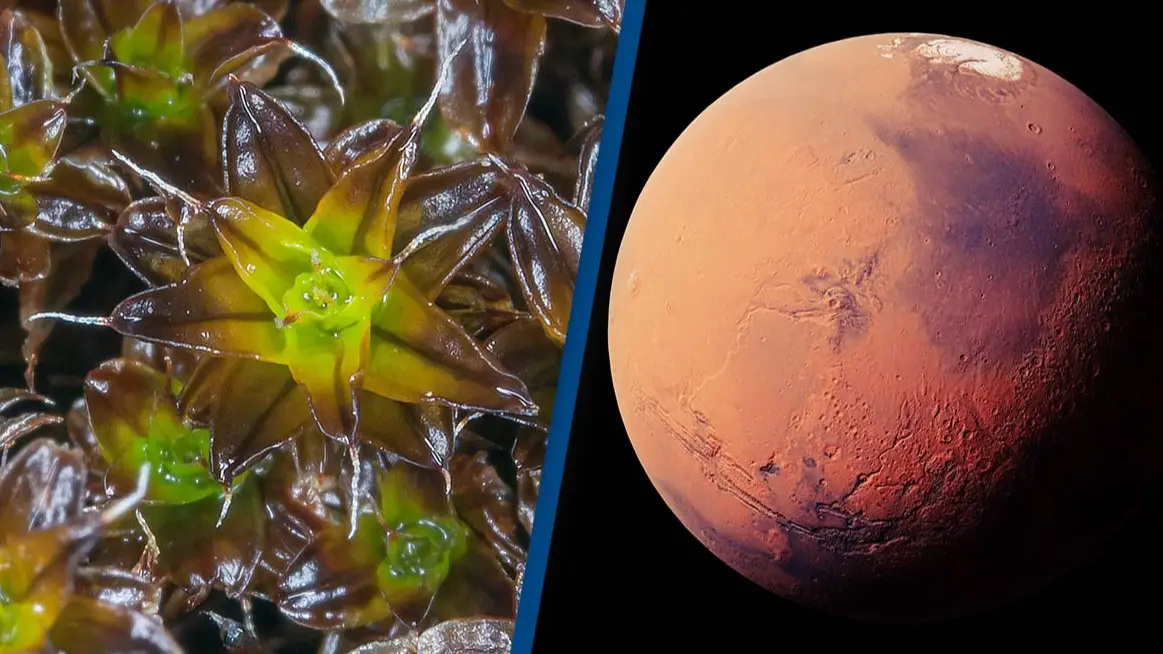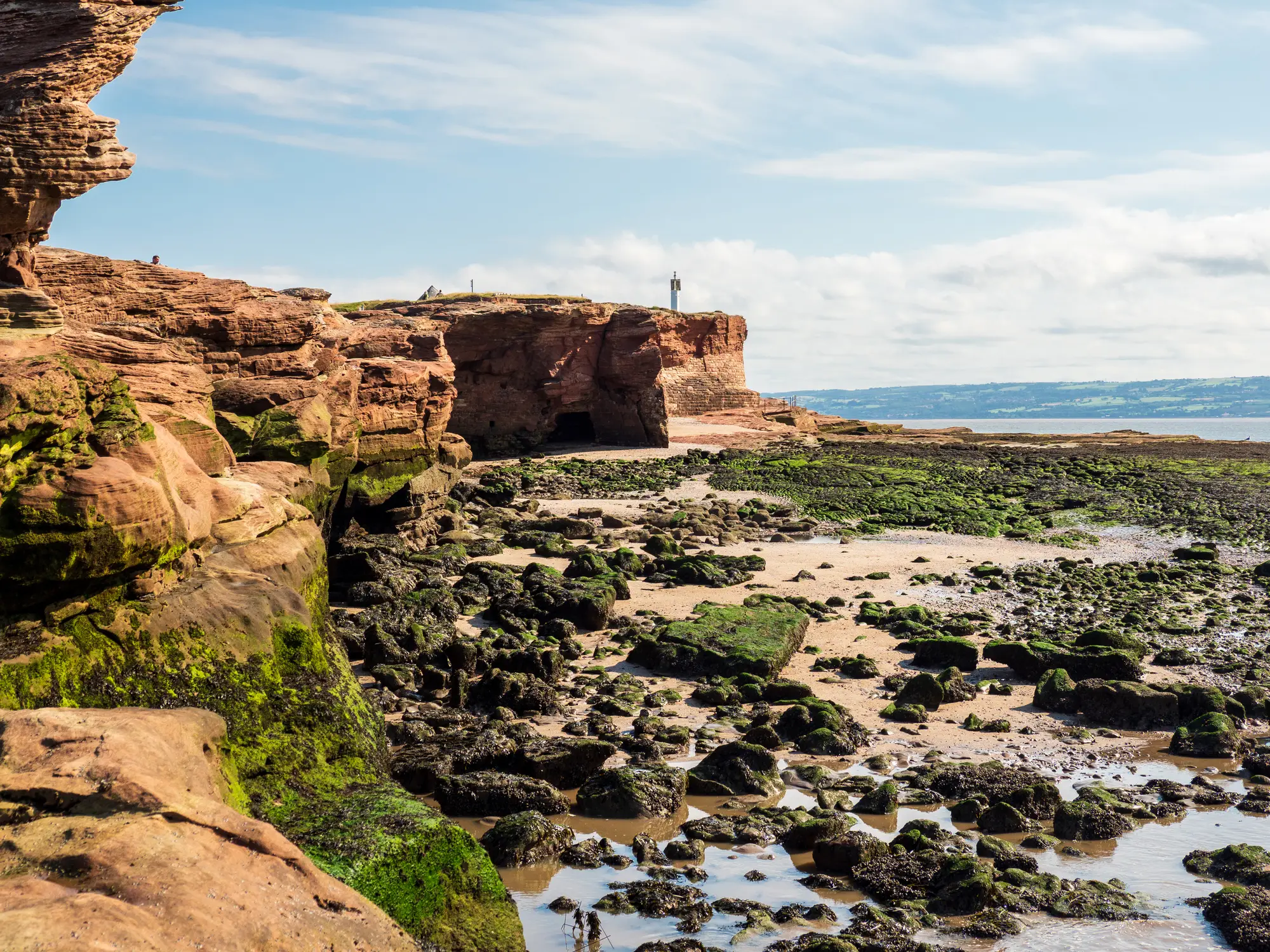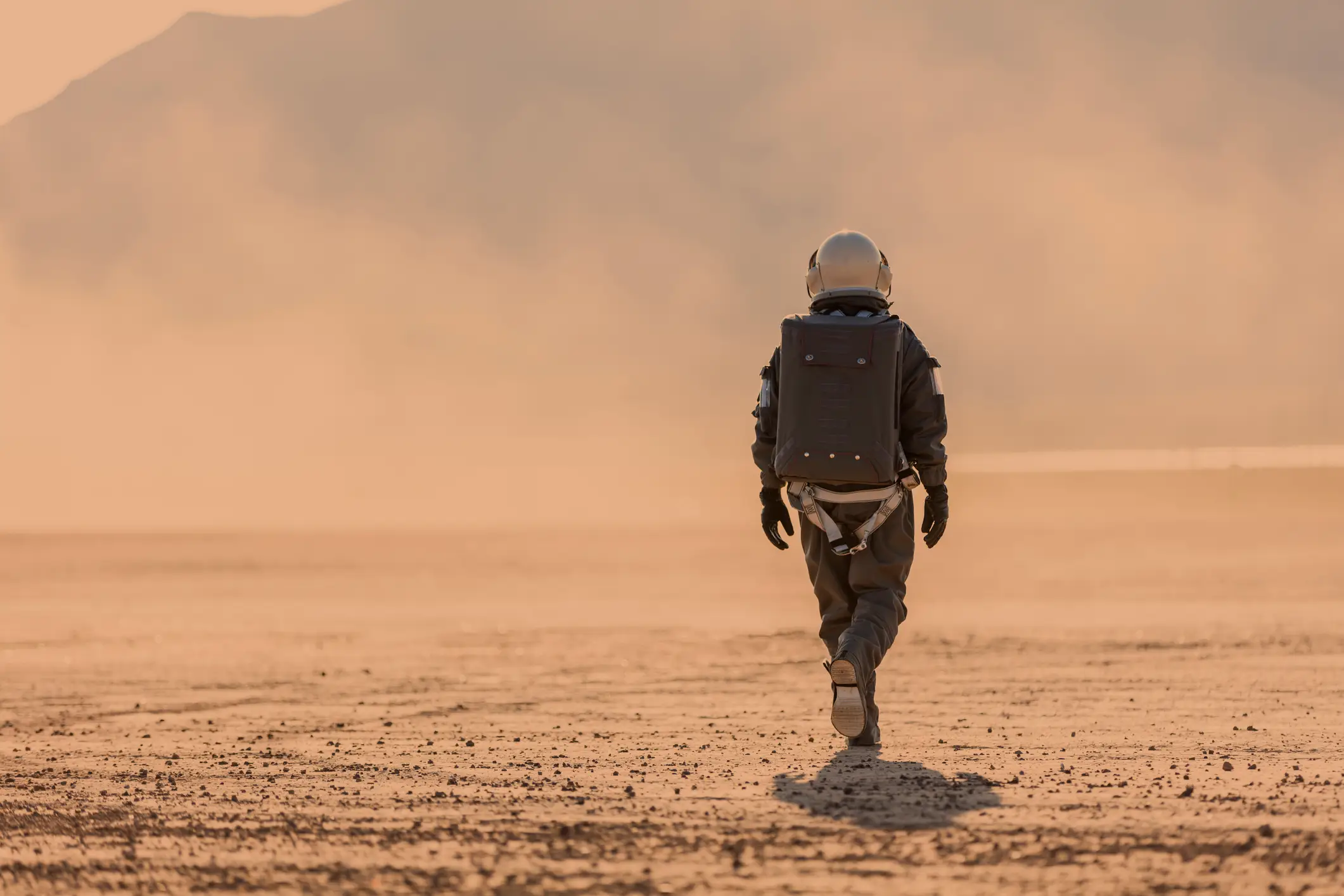
Scientists have found promising new evidence that could help make Mars eventually habitable for humans.
Alongside the Moon, Mars has had a lot of interest from scientists here on Earth.
While it's very unlikely that we'll ever live on the Moon, there are hopes that Mars will eventually be habitable for humans.
It won't be a long-term plan for humankind however as the Red Planet was recently deemed unsafe for us to live for longer than four years.
Advert
Despite the potential knock back, scientists are still testing theories that could help us eventually make a home on Mars and they've recently made a huge breakthrough.
Scientists from the Chinese Academy of Sciences say they have found Syntrichia caninervis - a common kind of moss that's able to grow in extreme desert environments - is able able to withstand Mars-like conditions, including drought, high levels of radiation and extreme cold.
While moss isn't something that's edible, it could prove hugely beneficial in making Mars' atmosphere more habitable.

Prof Stuart McDaniel, an expert on moss at the University of Florida but was not involved in the study, explained to The Guardian: "Cultivating terrestrial plants is an important part of any long-term space mission because plants efficiently turn carbon dioxide and water into oxygen and carbohydrates – essentially the air and food that humans need to survive.
"Desert moss is not edible, but it could provide other important services in space."
As well as surviving Mars-like conditions, the moss was said to have rapidly recovered from almost complete dehydration.
Other moss samples were placed in a –80°C (–112°F) freezer for three or five years and a –196°C (-321°F) liquid nitrogen storage tank for 15 or 30 days before being moved over to sterilized sand for recovery, IFL Science reports.
Remarkably the plants recovered quite well from being exposed to such harsh conditions and had a reintegration rate of around 95 percent that of control plants.

The moss was also exposed to the kind of extreme radiation it would face on the red planet as well, which the samples survived.
There are now hopes that the moss will be one day be tested on Mars or the Moon to look into possibility of plant colonisation and growth in outer space.
While the study doesn't confirm that the moss could definitely survive on the Red Planet, it's certainly a step in the right direction.
"This extremotolerant moss could be a promising pioneer plant for Mars colonisation," Prof Edward Guinan of Villanova University shared.
Noting that more research is needed, he went on: "We have a long way to go, but this lowly desert moss offers hope for making small portions of Mars habitable for humankind in the future."